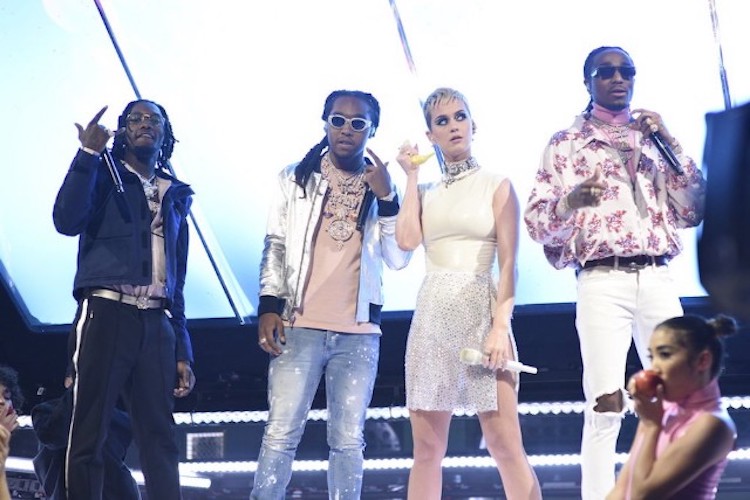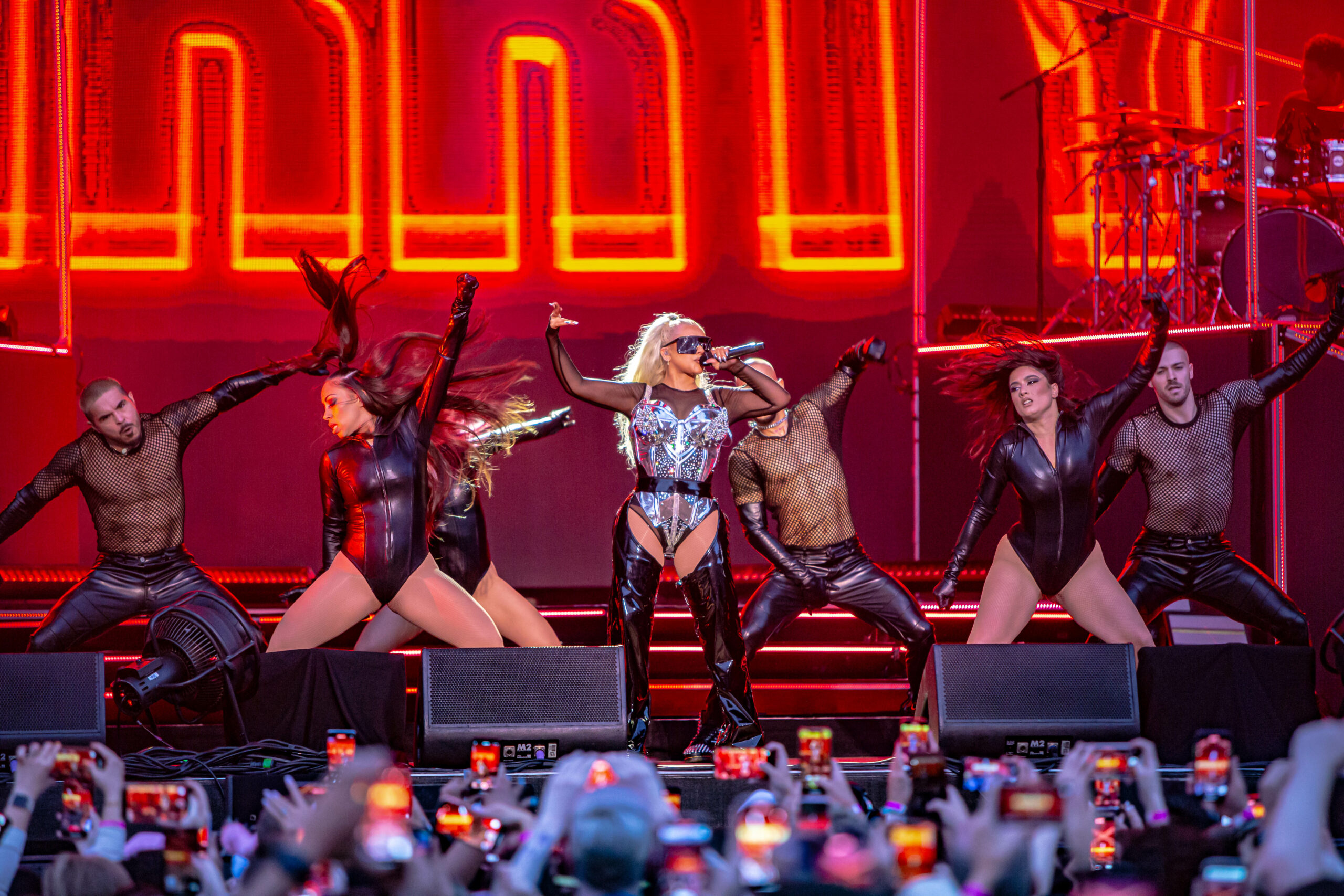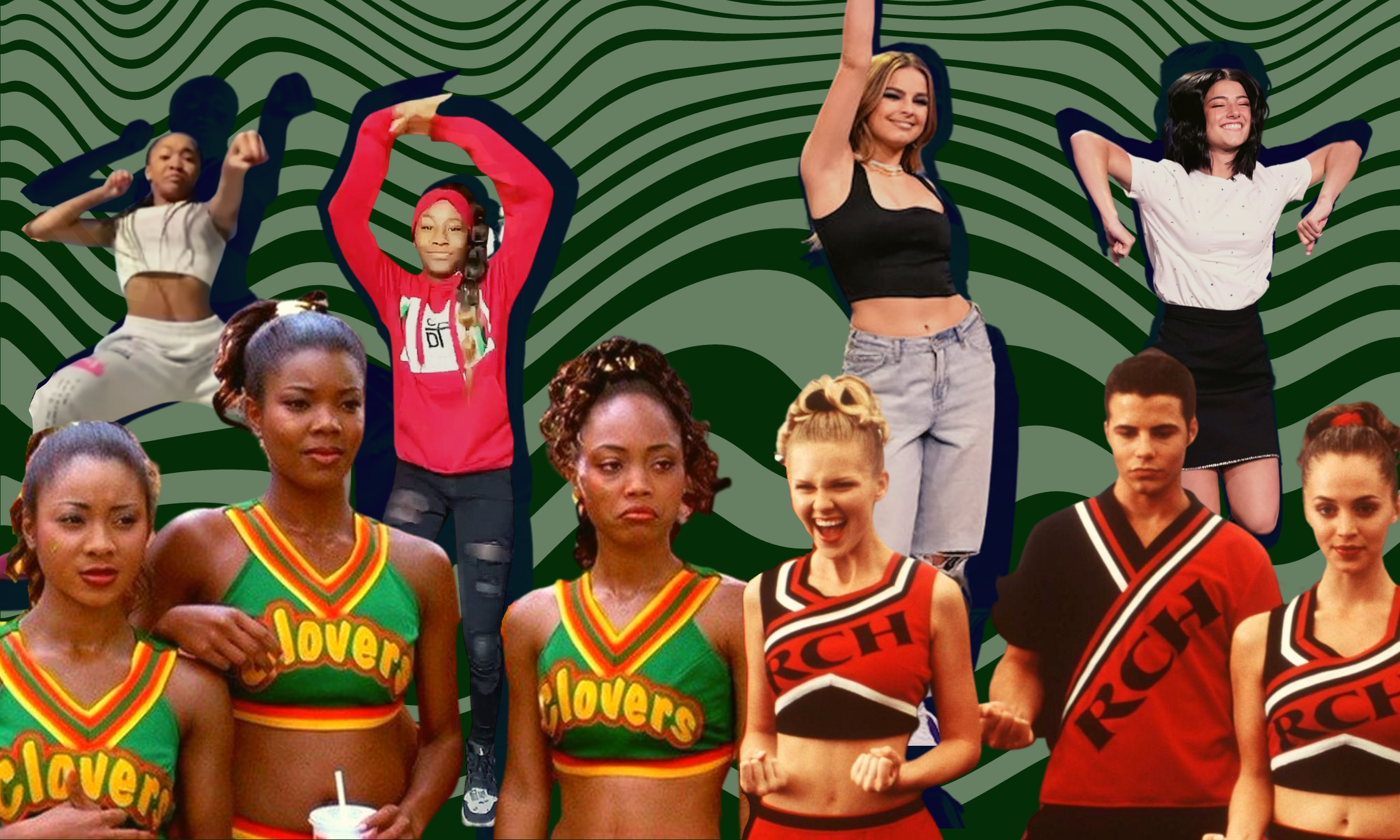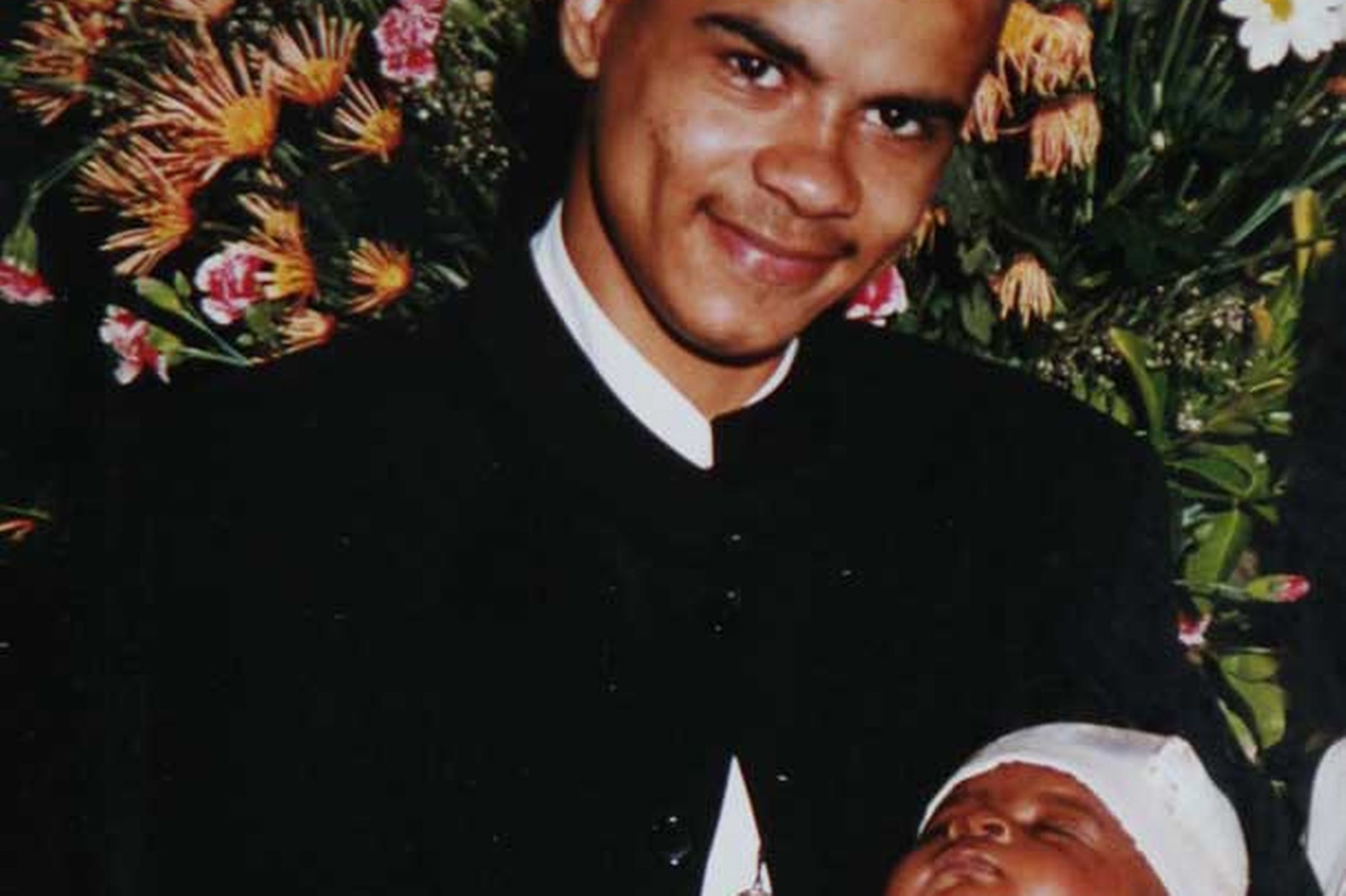
Pop starlets entering the next phase of their career must tread carefully, for they’re in a precarious position. How do they make the transition from wholesome teen to liberated young woman?
Luckily, there’s a tried and tested method available: adopt a black sound and aesthetic during their transitional “I’m a grown up!” era to illustrate how edgy and alternative they’ve become – think Britney’s ‘Slave 4 U’ era, Christina’s ‘Dirrrty’ era and Justin Timberlake’s entire solo career.
The current wearer of the Black Cloak is Katy Perry, whose new persona comes complete with uncoordinated dabbing, stripper poles and a perfunctory verse from Migos; laden with food-related innuendo (although in the last week she sat down with activist DeRay McKesson to atone for her behaviour). This particular phenomenon isn’t as simple as mere appropriation – there’s nothing new about white musicians using blackness to signify coolness or sexiness. The real problem is that time after time, these artists use black culture as a metaphor for coming of age but inevitably cast it aside when they return to the mainstream and no longer need it. Behold, the Five Steps:
Step 1:
Be white. This is by far the most important element and is non-negotiable.
Step 2:
Establish innocence with wholesome pop songs about teenage love and puppies. Blue eyes, purity rings and all-white ensembles. Music videos with you frolicking on a beach and/or boardwalk would be advantageous, just make sure it’s outside so you appear wholesome and outdoorsy. This will become important later.
Step 3:
The first transition. Time to raise a few eyebrows! You want freedom- not too much, mind- but be sure to lay the groundwork for potential rebellion by wearing a crop top. Release a single featuring an 8-bar cameo by either a non-threatening rapper or Sean Paul (bonus points if Sean lets you use a Jamaican accent in the chorus) and a club-based music video with a few assorted blacks scattered in the background. This will become important later.
Step 4:
Showtime. Find a black producer with reasonable clout in the hip-hop world, who likes pay cheques – vital for your new “urban” sound. Next, a music video replete with signifiers of blackness – house parties, drug references, money stacks, gold jewellery, sportswear, fried chicken and a scene with a swimming pool in it. Be pictured leaving A$AP Rocky’s house at 6am. Give interviews about your new lifestyle and musical breakthrough – tell graphic sexual anecdotes and make clear your newfound love for sizzurp. You’ll catch some heat during this phase, but the notoriety will pay off immensely. “The man” is aghast at what you’ve become, but can’t get enough of you.
Step 5:
Return to innocence. Wear midi dresses in neutral colours. Give interviews describing your newfound maturity and coming full circle. Start dating an actor, preferably one from a fringe country like the UK or Australia. At this point you can burn the grillz because you won’t need them anymore.
That brings us to Miley Cyrus – former child star-cum-appropriator extraordinaire. Miley’s transition from (steps 1+2) fresh-faced Disney ingenue, to (3) ‘Can’t Be Tamed‘, (4) gurning, twerking minstrel show and (5) born-again virginal blonde waif frolicking in fields of rye, brings her full circle; complete with pastel colours and a “back to basics” country sound. Ah, the circle of life. Somewhere in the Serengeti, an elderly baboon raises a newborn lion into the air as the animals rejoice, while the tender harmonies of Ladysmith Black Mambazo weave through the desert breeze.
Miley’s appropriation of “ratchet” culture has been discussed endlessly, but her recent comments about hip-hop are relevant. Discussing Kendrick Lamar’s profession of love for stretch marks on ‘Humble’, Miley commented: “I love that because it’s not ‘Come sit on my dick, suck on my cock.’ I can’t listen to that anymore. That’s what pushed me out of the hip-hop scene a little. It was too much ‘Lamborghini, got my Rolex, got a girl on my cock’ — I am so not that.”
“The ease with which Cyrus throws hip-hop under the bus validates every piece of criticism back when she first debuted her hip-hop persona.” – Zeba Blay
Some may interpret this as an artist maturing, especially if you have similar feelings about hip-hop. Others will see this statement for the privileged, exploitative, casually race-baiting trash it actually is. Miley was happy to reap the benefits of the most contrived aspects of black culture, using the notoriety it brought her to sell albums, only to discard it with flippancy once she was done. A persona shift like this would almost be impressive if it wasn’t so cynical. As journalist Zeba Blay wrote: “The ease with which Cyrus throws hip-hop under the bus validates every piece of criticism back when she first debuted her hip-hop persona.”
Kendrick is still hip hop. You don't get to give the conveniant parts of our culture a pass and ignore the rest. @MileyCyrus
— bad gal mimi (@minajaytay) May 5, 2017
https://twitter.com/RealJohnLove/status/859979840472195072
There’s nothing wrong with a pop star adopting a hip-hop sound, but it’s distinctly uncomfortable when their idea of “blackness” consists predominantly of caricatured stereotypes. It might be less annoying if it didn’t feel so false, the blackness so one-note, and if mainstream media didn’t have the same faux outrage that one of their own had gone to the literal dark side.
…this move is mainly deployed by white female artists; what could possibly be more transgressive than a white girl fraternising with a bunch of negroes?
For Miley to sanitise her sound, and diminish the worth of the culture she until recently exploited, reveals her previous incarnation to be disingenuous at best. Truthfully, it’s bigger than music — it’s a rebellious white teenager dating a black guy against her dad’s wishes writ large. That’s why this move is mainly deployed by white female artists; what could possibly be more transgressive than a white girl fraternising with a bunch of negroes?
Most of all it’s a reminder that society loves black culture but doesn’t love black people. Miley Cyrus and Katy Perry weren’t the first and won’t be the last to trade on superficial notions of blackness – or as Jesse Williams put it “burying black people out of sight and out of mind while extracting our culture, our dollars, our entertainment like oil”. The real question is why we keep falling for it.









